Oriental Culture and Creativity Inspired Fragrance Journey | ScentSerenade

Essential Oil
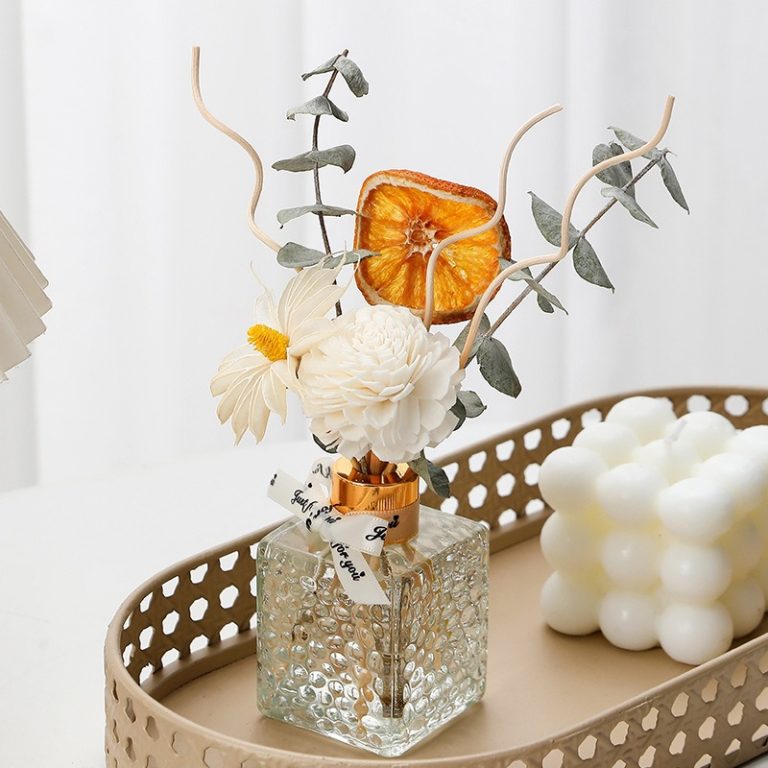
Aromatherapy Turkey Essential Face Oil Saffron Whole Saffro Essential Oil Organic For Bath
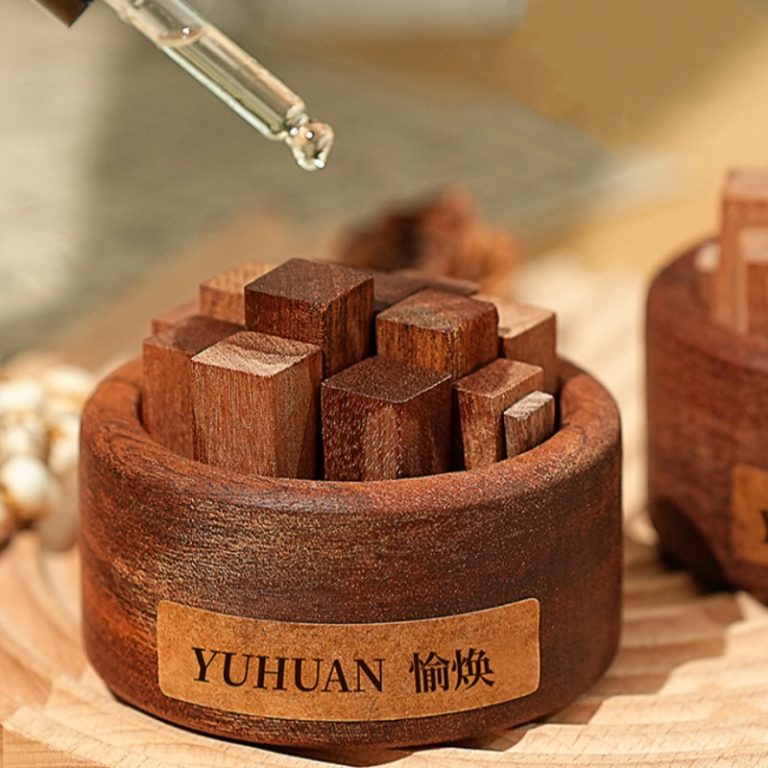
FATAZEN Privete Label 100 % Pure Extract Natural Organic Lavender Aroma Oil Premium Grade Fragrance Massage Oil Essential Oil
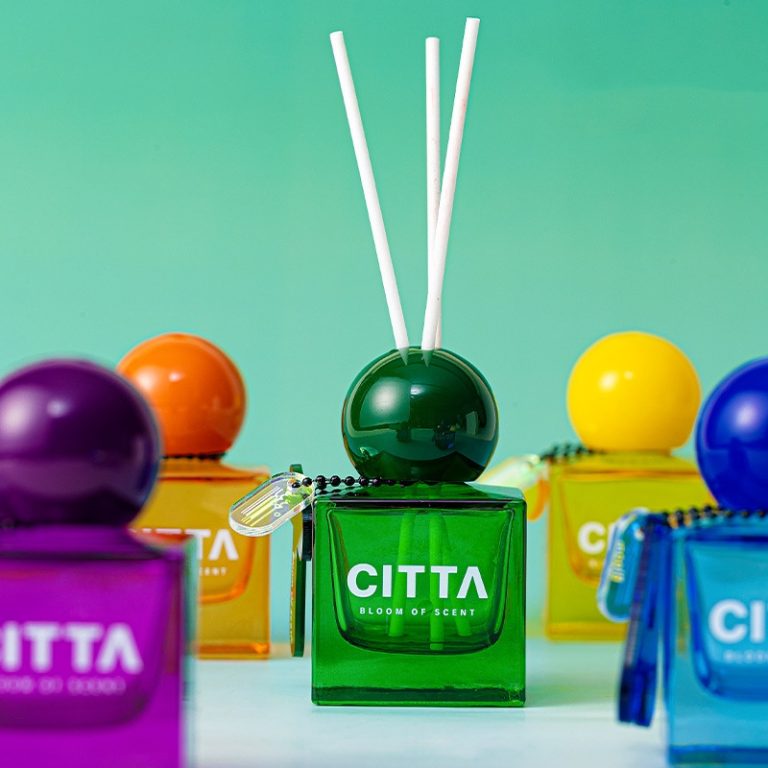
Handmade White Chrysanthemum Ceramic Aromatherapy Decoration Home Fragrance Flowers Diffuser Essential Oil Stone
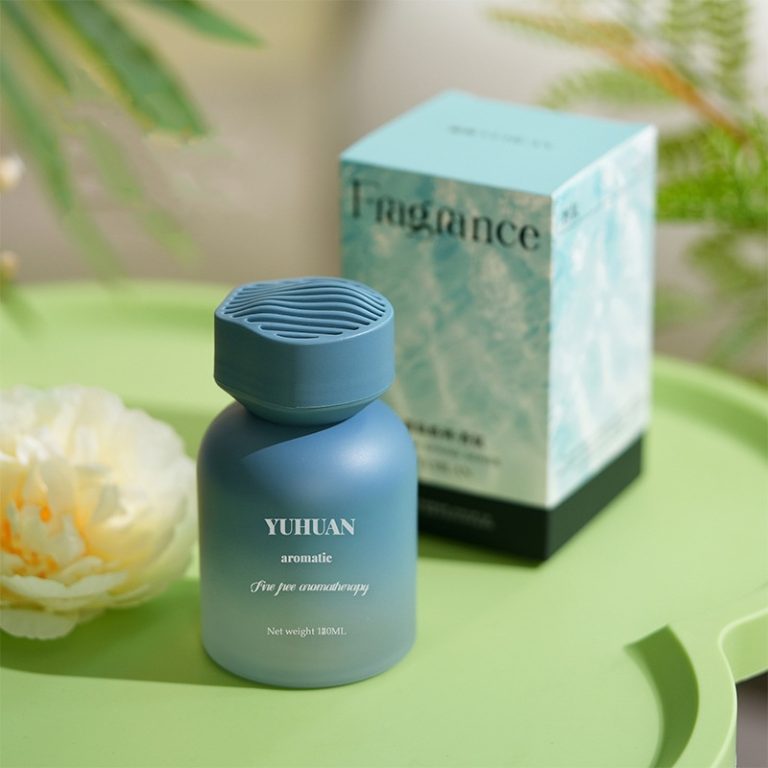
130Ml Wood Humidifiers Aroma Diffuser Usb Mini Air Perfume Diffuser Electric Fragrance Essential Oil Diffuser For Home
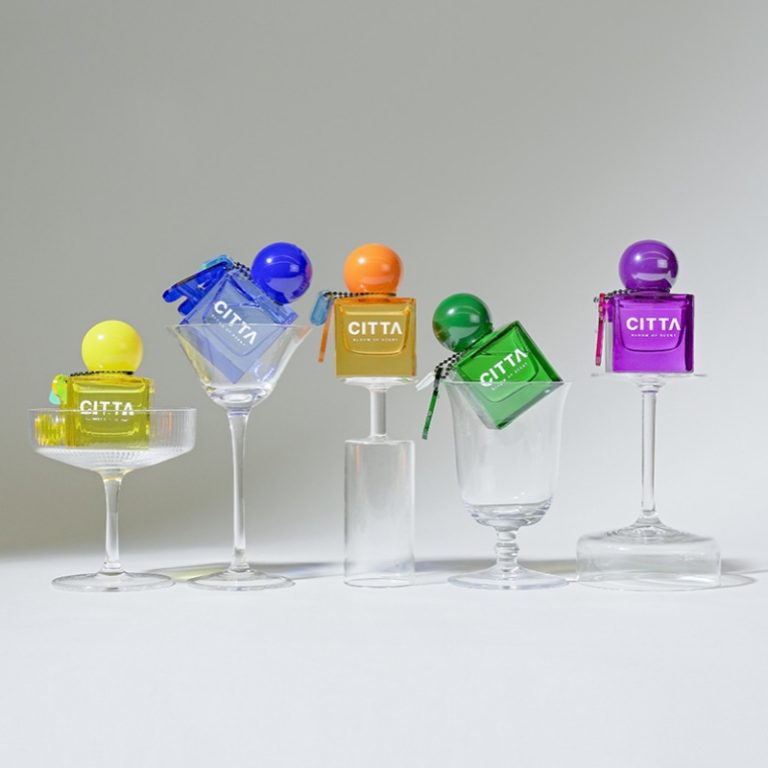
100% pure organic orange jasmine Aromatherapy Lavender body care Essential Oil Gift Set
Eucalyptus Aromatherapy Spa Gift Set – Vegan Essential Oil Steamers for Bath and Body
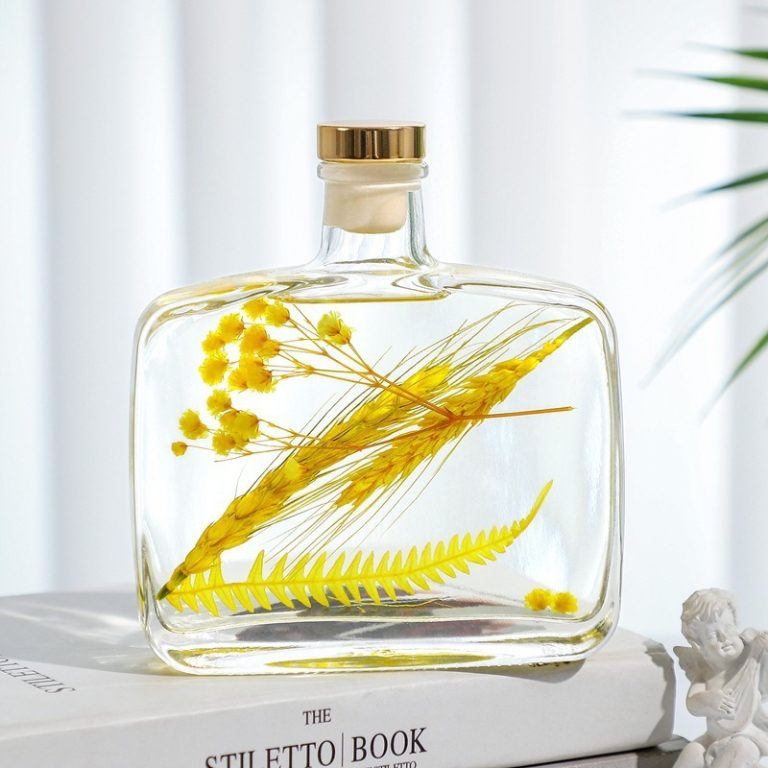
OEM Private Label Therapeutic Grade Organic 100% Pure Natural White Tea Essential Oil for Diffuser
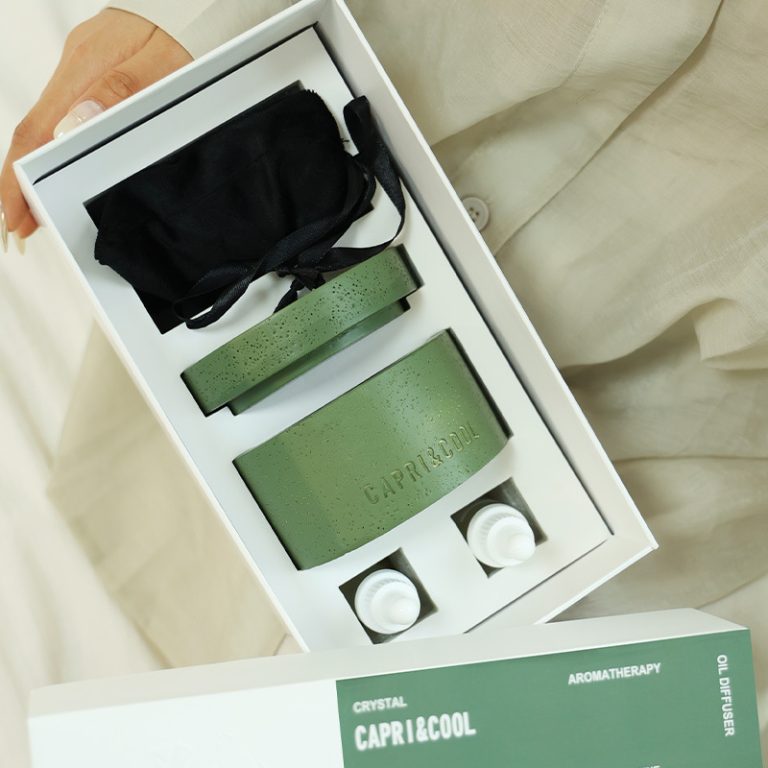
Pure essential oil rosemary oil private label candle essential oil fragrance
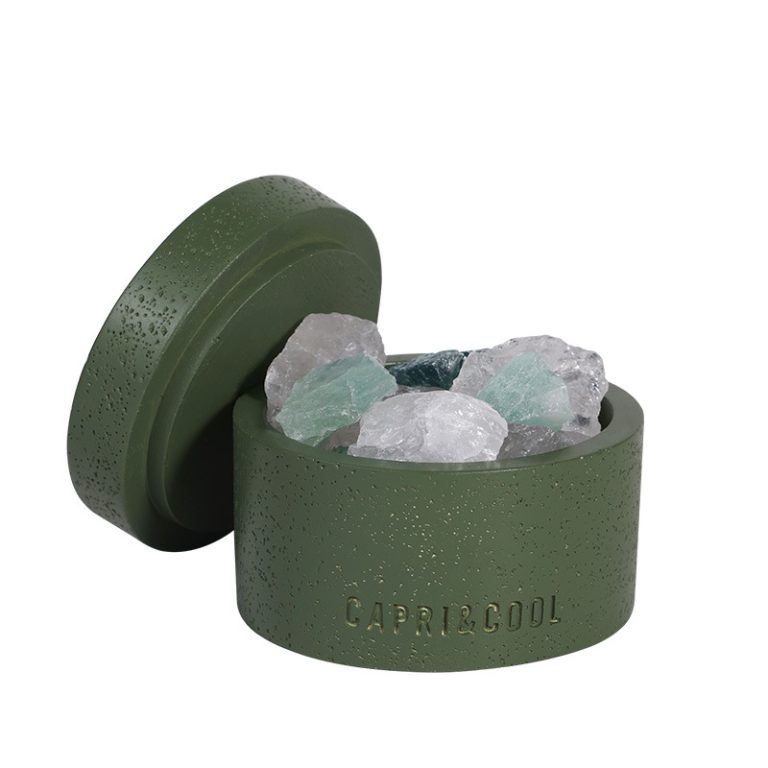
Custom Pure Organic Essential Massage Oils Cosmetics Peppermint Essential oil Bulk
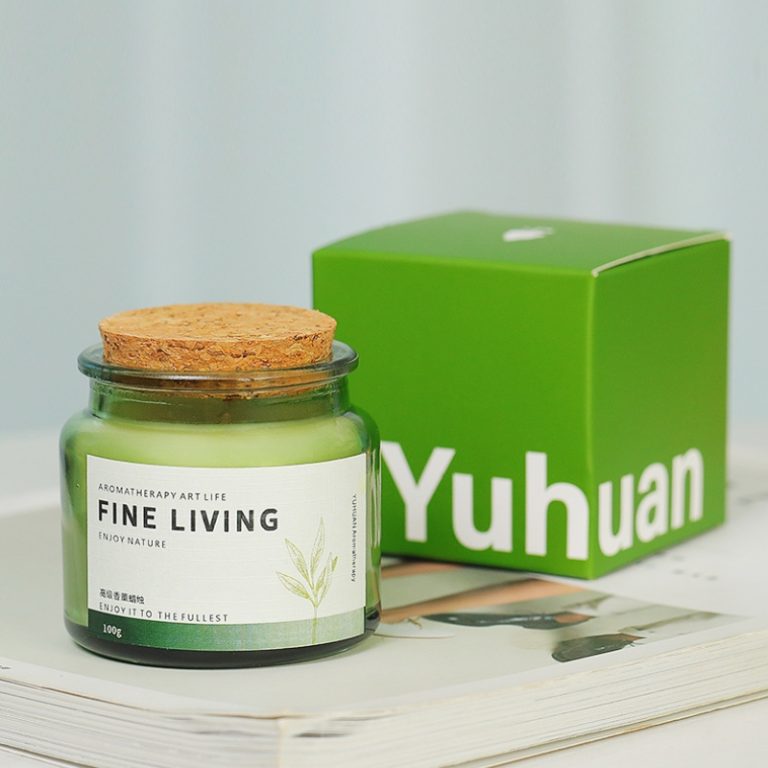
Private Label 100% Pure Natural Organic Blend Aromatherapy Essential Oils Roll on
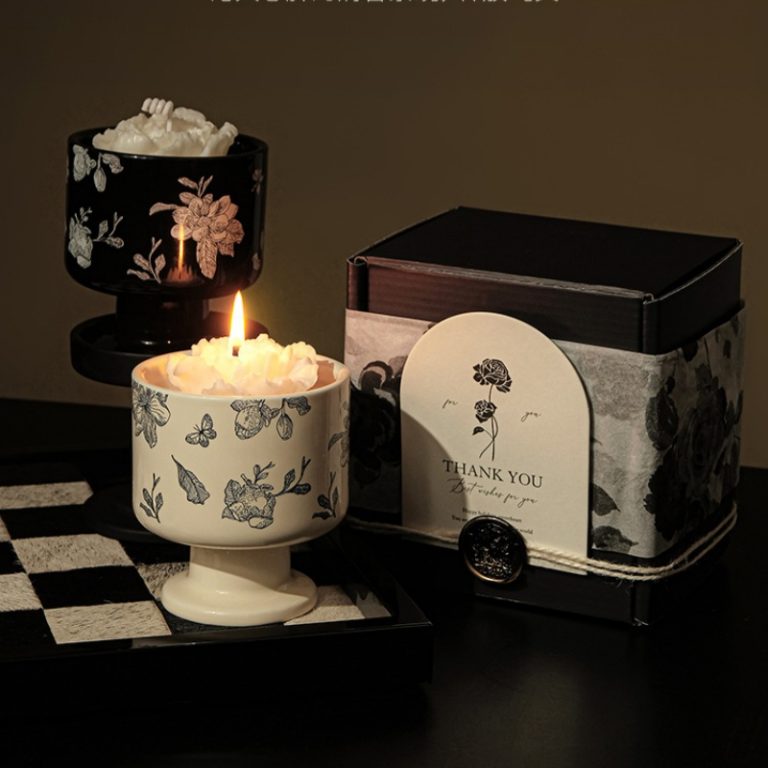
herbal plant home vetiver neroli Jasmine chamomile Peppermint Rosemary rose eucalyptus essential oil
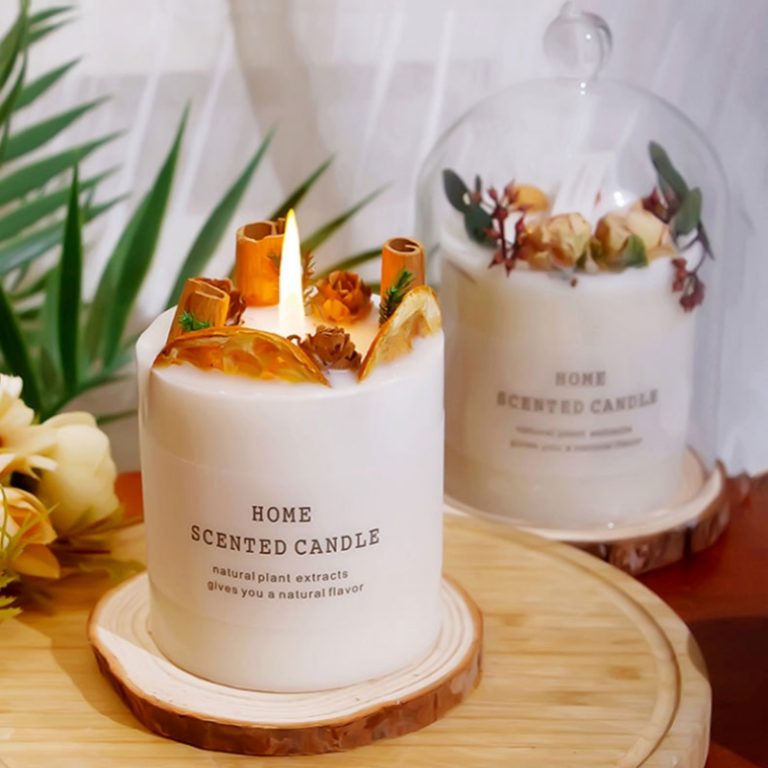
Whole 100% Pure Aromatherapy diffuser body oil Lavender Essential oil for skin
Introduction of Essential Oil
Essential oils are highly concentrated plant extracts obtained through methods such as steam distillation or cold pressing. These oils capture the essence of plants, including their fragrance and therapeutic properties, and are used in a variety of applications from aromatherapy to natural health remedies.
Features and Characteristics of Essential Oil
Concentration: Highly potent and should be diluted before skin application.
Aroma: Distinctive scent reflective of the source plant.
Composition: Composed of various organic compounds that contribute to their therapeutic effects.
Natural Origin: Derived from parts of plants such as leaves, flowers, bark, roots, and seeds.
Volatile: Many evaporate at room temperature, which is why they are used in diffusers.
Storage: Should be kept in dark, airtight bottles to preserve potency and prevent degradation.
Applications of Essential Oil
Aromatherapy: Used in diffusers or applied topically (diluted) to promote relaxation, boost mood, and alleviate stress.
Skincare: Incorporated into lotions, creams, and cleansers for their beneficial properties.
Cleaning Products: Added to homemade cleaners for their antibacterial properties and pleasant scent.
Health Remedies: Used for minor ailments like headaches, digestive issues, and muscle pain.
Wellness: Employed in massage therapy, baths, and personal care products to enhance overall well-being.
FAQs of Essential Oil
Q: Are essential oils safe to ingest?
Essential oils should generally not be ingested unless under the guidance of a qualified healthcare professional.
Q: How do I dilute essential oils for topical use?
Mix a few drops of essential oil with a carrier oil like almond or jojoba oil before applying to the skin to avoid irritation.
Q: Can I use essential oils directly on my skin?
No, most essential oils must be diluted because they can cause irritation or allergic reactions when used undiluted.
Q: Are there any side effects of using essential oils?
Potential side effects include skin irritation, allergic reactions, and photosensitivity. Always patch test and follow usage guidelines.
Q: How long do essential oils last?
Shelf life varies, but generally, essential oils can last one to five years if stored properly in a cool, dark place.
